
Arcadia: The Cultural Heartbeat of Pretoria
Arcadia is a vibrant and culturally rich neighbourhood in Pretoria, South Africa. Known for its lush, tree-lined streets and historic buildings, it offers a unique blend of artistic charm and urban vitality. This area is a must-visit for those who appreciate art, history, and a lively atmosphere. One of the main attractions in Arcadia is the Union Buildings, an iconic South African landmark. These impressive government offices are not only architecturally stunning but also offer panoramic views of the city. The surrounding gardens are perfect for a leisurely stroll and provide a peaceful escape from the city's bustle. Art enthusiasts will find the Pretoria Art Museum in Arcadia particularly appealing. The museum houses an extensive collection of South African art, showcasing works from the country's most celebrated artists. Nearby, the historic Melrose House Museum offers a glimpse into the past with its preserved Victorian architecture and period furnishings. Arcadia is also home to various embassies and diplomatic residences, lending an international flair to the neighbourhood. The diverse array of restaurants and cafes reflects this global influence, offering a range of culinary delights from around the world. Whether you're craving local South African dishes or international cuisine, Arcadia has something to satisfy every palate. For those looking to unwind, the Loftus Versfeld Stadium is a popular spot for sports enthusiasts. Catch a rugby match or simply enjoy the vibrant atmosphere on game days. The nearby Hatfield Plaza is perfect for shopping, dining, and entertainment, making it a great spot to spend an afternoon.
Local tips in Arcadia
- Visit the Union Buildings early in the morning or late afternoon for the best lighting and fewer crowds.
- Check the Pretoria Art Museum's schedule for special exhibitions and events.
- Wear comfortable shoes as Arcadia is best explored on foot.
- Try local South African dishes at the neighbourhood's diverse restaurants.
- If you're a sports fan, time your visit to coincide with a match at Loftus Versfeld Stadium.
Arcadia: The Cultural Heartbeat of Pretoria
Arcadia is a vibrant and culturally rich neighbourhood in Pretoria, South Africa. Known for its lush, tree-lined streets and historic buildings, it offers a unique blend of artistic charm and urban vitality. This area is a must-visit for those who appreciate art, history, and a lively atmosphere. One of the main attractions in Arcadia is the Union Buildings, an iconic South African landmark. These impressive government offices are not only architecturally stunning but also offer panoramic views of the city. The surrounding gardens are perfect for a leisurely stroll and provide a peaceful escape from the city's bustle. Art enthusiasts will find the Pretoria Art Museum in Arcadia particularly appealing. The museum houses an extensive collection of South African art, showcasing works from the country's most celebrated artists. Nearby, the historic Melrose House Museum offers a glimpse into the past with its preserved Victorian architecture and period furnishings. Arcadia is also home to various embassies and diplomatic residences, lending an international flair to the neighbourhood. The diverse array of restaurants and cafes reflects this global influence, offering a range of culinary delights from around the world. Whether you're craving local South African dishes or international cuisine, Arcadia has something to satisfy every palate. For those looking to unwind, the Loftus Versfeld Stadium is a popular spot for sports enthusiasts. Catch a rugby match or simply enjoy the vibrant atmosphere on game days. The nearby Hatfield Plaza is perfect for shopping, dining, and entertainment, making it a great spot to spend an afternoon.
Iconic landmarks you can’t miss
Union Buildings Gardens
Discover the Union Buildings Gardens, a serene memorial park in Pretoria, rich in history and surrounded by stunning landscapes, perfect for every traveler.
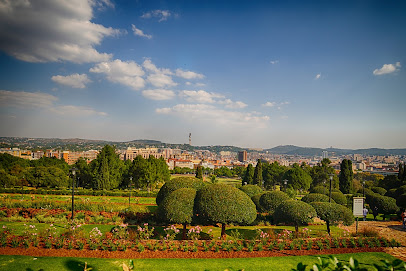
Pretoria Art Museum
Explore the Pretoria Art Museum: A vibrant cultural hub showcasing South African art and heritage in the heart of Pretoria.
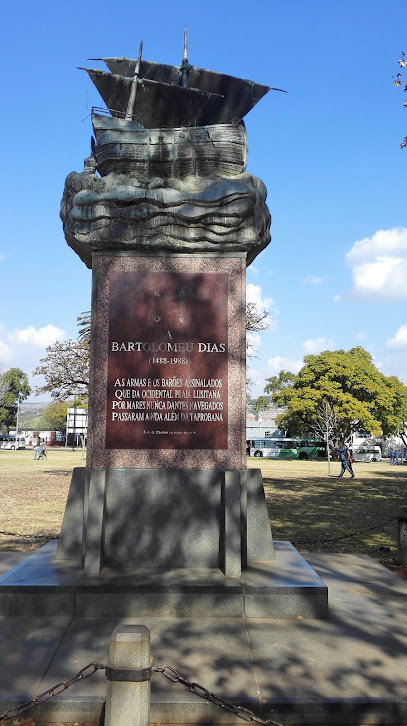
Venning Park
Experience the tranquility and natural beauty of Venning Park, a must-visit city park in Pretoria for relaxation and recreation.
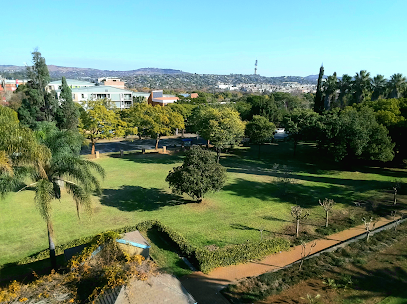
Engelenburg House
Discover the intricate beauty and historical significance of Engelenburg House in Pretoria, a must-visit for history enthusiasts and culture seekers alike.
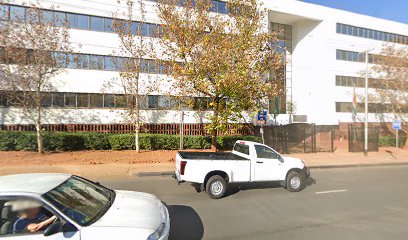
Menews
Discover the captivating history and stunning architecture of Menews, a must-see historical site in Arcadia, Pretoria.
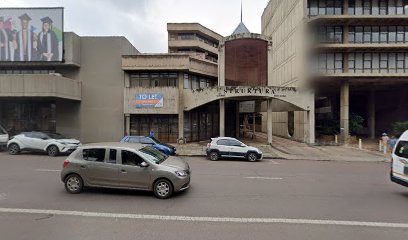
South Africa
Explore the breathtaking landscapes and rich biodiversity of South Africa, a destination that promises adventure, culture, and unforgettable experiences.
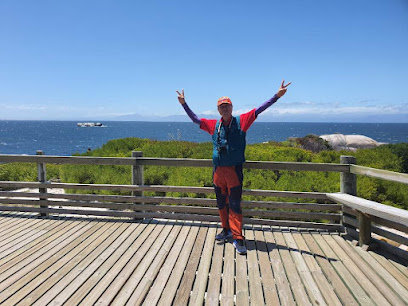
SA Heavy Artillery Memorial, Pretoria
Explore the SA Heavy Artillery Memorial in Pretoria, a poignant tribute to bravery and sacrifice in South Africa's military history.
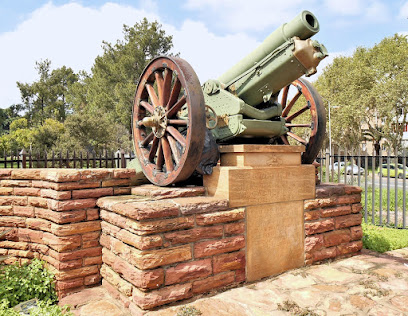
Leeu Bridge
Explore the historical significance and charming beauty of Leeu Bridge in Pretoria, a must-visit landmark for culture and history enthusiasts.
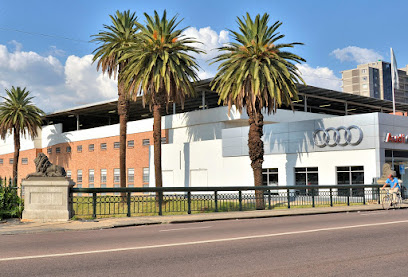
Palmyra
Explore Palmyra, a historical site in Pretoria, where stunning architecture meets serene gardens, perfect for history lovers and casual visitors alike.
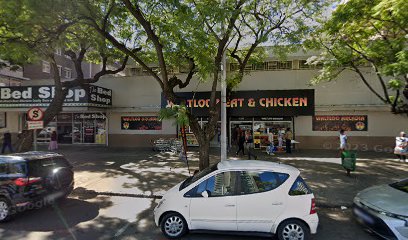
Yuet Wah
Discover the historical gem of Yuet Wah in Pretoria, where rich heritage meets serene beauty in an unforgettable travel experience.
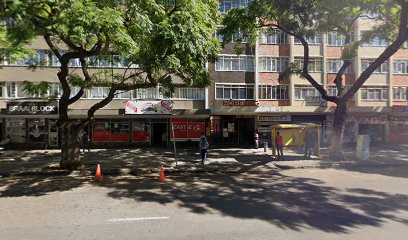
Unmissable attractions to see
Intiem Love Bridge
Discover the enchanting Intiem Love Bridge in Pretoria, a romantic spot perfect for couples and a picturesque backdrop for unforgettable memories.
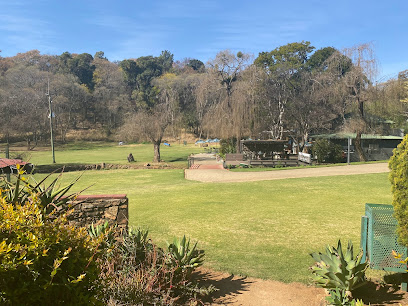
Springbok Park
Discover the serenity of Springbok Park, a vibrant city oasis in Pretoria, perfect for relaxation, family fun, and nature exploration.
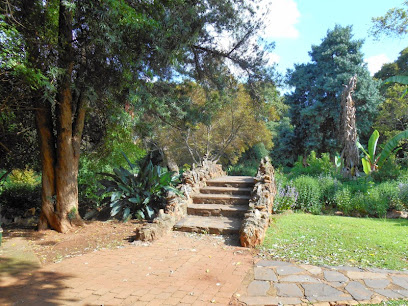
Perfect Afrika
Explore the vibrant culture of Africa at Perfect Afrika in Pretoria, a unique tourist attraction showcasing local art and heritage.
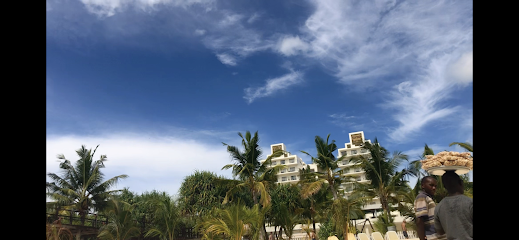
Fetish Mansions & Tourism
Explore the diverse world of fetish culture at Fetish Mansions & Tourism in Pretoria, a unique attraction that challenges perceptions and celebrates self-expression.

Essential places to dine
Skyline Rooftop Restaurant, Bar and Lounge
Discover breathtaking views and exquisite cuisine at Skyline Rooftop Restaurant in Pretoria's vibrant atmosphere.
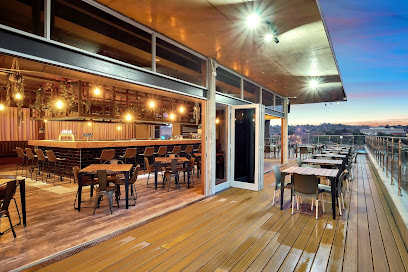
ZEMARA African Restaurant Guest House
Discover ZEMARA: A unique blend of authentic African cuisine and cozy guest house accommodations in Pretoria's vibrant Arcadia district.
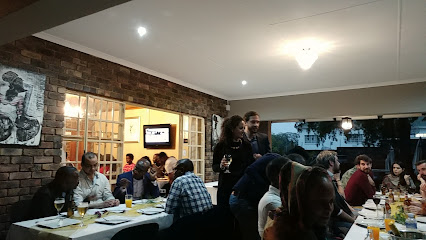
Oasis Restaurant
Discover Oasis Restaurant in Pretoria - where local flavors meet international cuisine in a serene dining atmosphere.
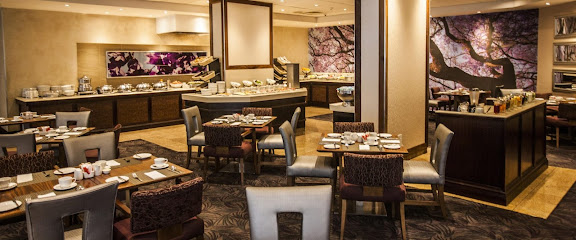
Heritage Lifestyle Restaurant
Discover authentic African flavors at Heritage Lifestyle Restaurant in Pretoria's vibrant Arcadia district.
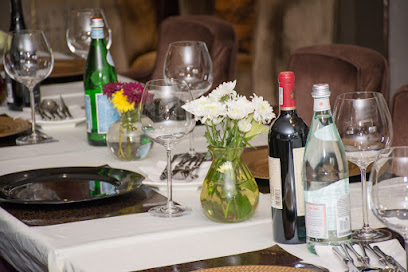
F And F Cuisine, Pretoria T/A Iya Faridah(African food restaurant)
Discover the vibrant tastes of Africa at F And F Cuisine in Pretoria—where every dish tells a story.
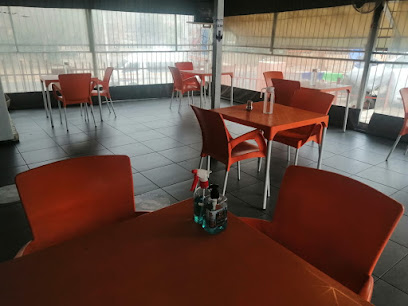
Orange Restaurant & Wine Cellar
Discover culinary excellence at Orange Restaurant & Wine Cellar in Pretoria - where every dish tells a story and every sip is memorable.
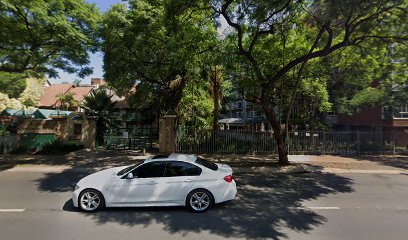
The Farmhouse 012
Discover the flavors of South Africa at The Farmhouse 012 in Pretoria - where fresh ingredients meet rustic charm.
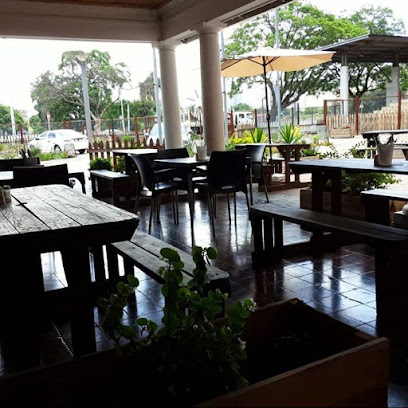
Afro Heritage Restaurant
Discover authentic African flavors at Afro Heritage Restaurant in Arcadia, Pretoria – where every dish tells a story.
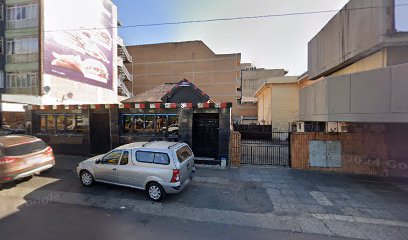
Vonani Events
Experience authentic South African cuisine at Vonani Events in Arcadia, Pretoria - where every meal tells a story.

Taras Bulba Steakhouse
Discover Taras Bulba Steakhouse: A culinary gem in Arcadia, Pretoria offering mouthwatering steaks and delightful local flavors.
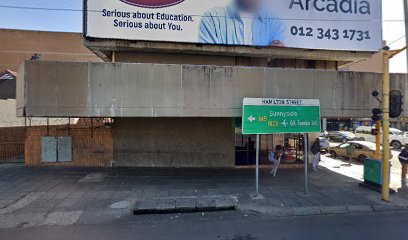
Markets, malls and hidden boutiques
Cool Stuff
Discover the best in baby products at Cool Stuff in Pretoria, where quality meets affordability for your little ones.

BLESSED LAMP APPAREL
Explore the vibrant styles of South Africa at Blessed Lamp Apparel, a unique clothing store in Pretoria offering local fashion and creative designs.
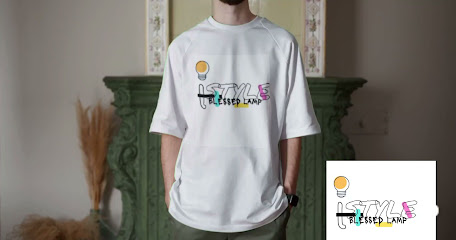
Stella Designer Shop
Explore unique South African fashion and accessories at Stella Designer Shop, a must-visit clothing boutique in the heart of Pretoria's Arcadia.
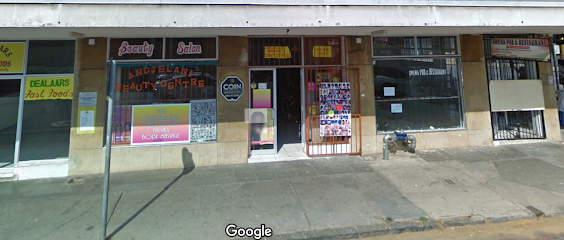
Dk Creations
Explore unique South African fashion at Dk Creations in Arcadia, Pretoria, where stylish clothing meets local culture.
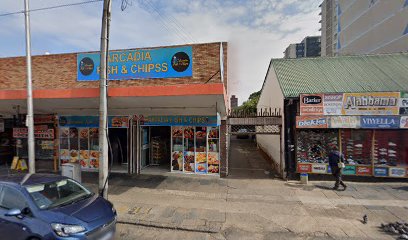
Q Store
Explore local treasures at Q Store, a charming general store in Pretoria's Arcadia, perfect for unique finds and essential goods.
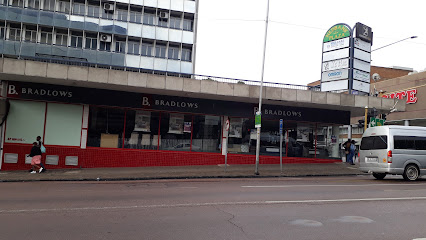
Souvenir sa brand
Explore authentic South African fashion and unique souvenirs at Souvenir sa Brand, your premier shopping destination in Pretoria.
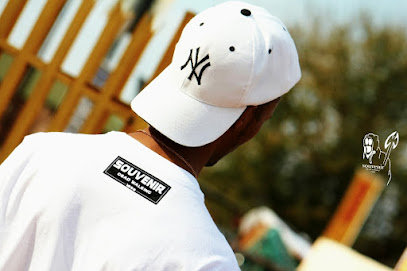
Elfathy Shop
Discover Elfathy Shop in Pretoria: where trendy fashion meets health-conscious shopping for a unique experience.

BEI BEI CLOTHING
Explore Pretoria's fashion scene at Bei Bei Clothing, a vibrant store offering unique styles and local designs in Arcadia.
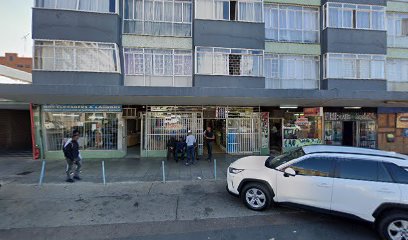
Ghetto Kicks
Discover trendy sneakers and streetwear at Ghetto Kicks, Pretoria's ultimate destination for urban fashion and style.
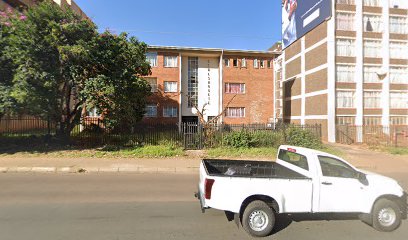
Art & Fashion
Discover unique styles and local flair at Art & Fashion, Pretoria's premier clothing store nestled in the heart of Arcadia.
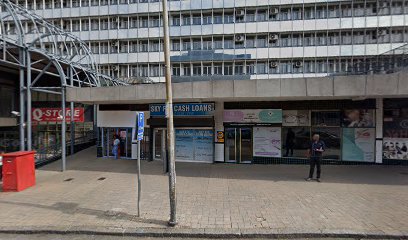
Essential bars & hidden hideouts
Eastwoods
Discover Eastwoods in Pretoria: A vibrant grill and sports bar offering delicious meals and a lively atmosphere for food and sports enthusiasts.
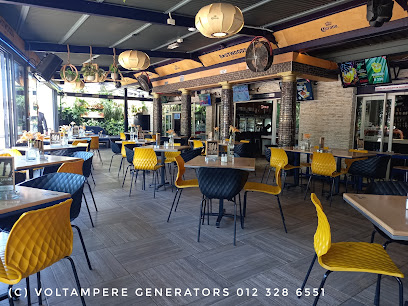
Blue Room Hatfield
Experience the lively nightlife and delicious cuisine at Blue Room Hatfield, Pretoria's premier bar and nightclub destination.
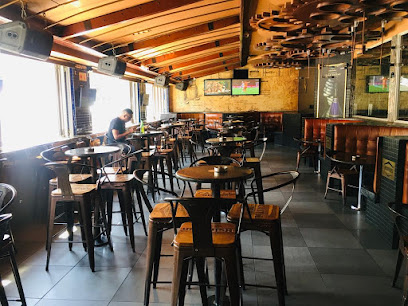
Skyline Rooftop Restaurant, Bar and Lounge
Experience exquisite dining and breathtaking views at the Skyline Rooftop Restaurant in Pretoria, where culinary excellence meets stunning cityscapes.
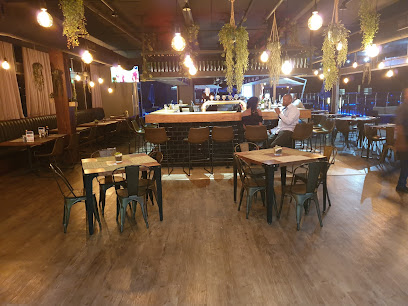
House 22
Experience the vibrant nightlife of Pretoria at House 22, where great food, drinks, and dancing come together in an electrifying atmosphere.
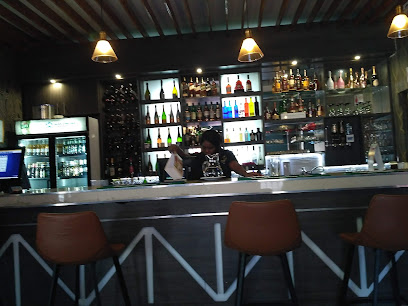
BeatZone Lounge
Experience the vibrant nightlife of Pretoria at BeatZone Lounge, where great drinks and lively entertainment await.
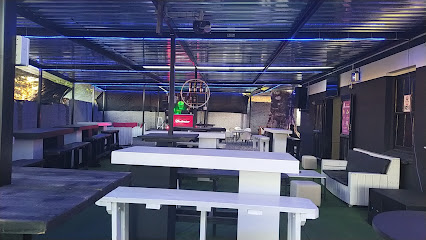
Mike's Place Tavern
Mike's Place Tavern: A vibrant pub in Arcadia, Pretoria, offering hearty meals and a friendly atmosphere for an authentic local experience.
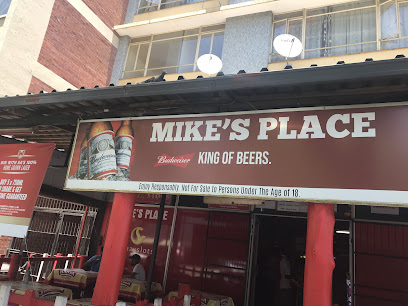
elements group
Discover the vibrant atmosphere of Elements Group, Pretoria's stylish lounge perfect for relaxation and socializing after a day of exploration.
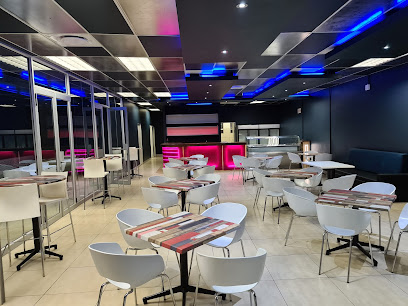
Uncle's Place
Discover the vibrant atmosphere of Uncle's Place, a must-visit pub and restaurant in Arcadia, Pretoria, offering delicious local cuisine and lively entertainment.
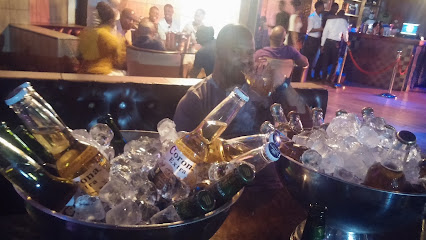
Orange Restaurant & emBARgo Lounge
Experience a fusion of fine dining and lounge relaxation at Orange Restaurant & emBARgo Lounge in Pretoria's vibrant Arcadia district.
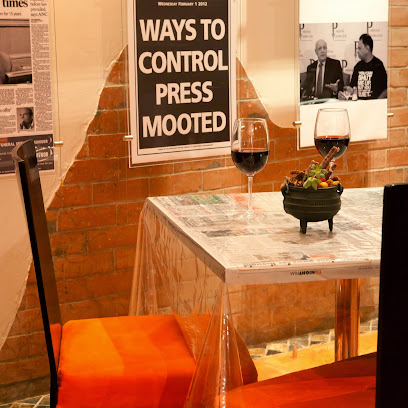
Africa Lounge
Experience the vibrant atmosphere of Africa Lounge in Pretoria, where relaxation and socializing come together in a stylish setting.
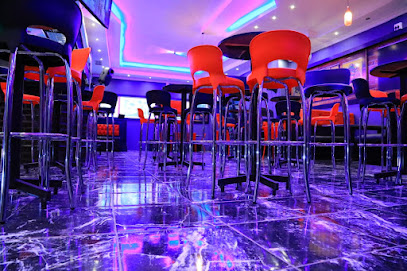
Local Phrases
-
- HelloHallo
[ha-loh] - GoodbyeTotsiens
[toht-see-ens] - YesJa
[yah] - NoNee
[nee] - Please/You're welcomeAsseblief
[ah-suh-bleef] - Thank youDankie
[dahn-kee] - Excuse me/SorryVerskoon my
[fehr-skoon may] - How are you?Hoe gaan dit met jou?
[ho-eh gahn deet met yoh] - Fine. And you?Goed. En met jou?
[khoot en met yoh] - Do you speak English?Praat jy Engels?
[praht y eng-uhls] - I don't understandEk verstaan nie
[ayk fehr-stahn nee]
- HelloHallo
-
- I'd like to see the menu, pleaseEk wil graag die spyskaart sien, asseblief
[ayk vil khrahgh dee speys-kahrt seen, ah-suh-bleef] - I don't eat meatEk eet nie vleis nie
[ayk ayt nee flay-s nee] - Cheers!Gesondheid!
[ghuh-sund-hayt] - I would like to pay, pleaseEk wil graag betaal, asseblief
[ayk vil khrahgh buh-tahl, ah-suh-bleef]
- I'd like to see the menu, pleaseEk wil graag die spyskaart sien, asseblief
-
- Help!Help!
[help] - Go away!Gaan weg!
[ghahn vehkh] - Call the Police!Roe die Polisie!
[roy dee poh-li-see] - Call a doctor!Roe 'n dokter!
[roy un dohk-tehr] - I'm lostEk is verlore
[ayk is fehr-loh-ruh] - I'm illEk is siek
[ayk is seek]
- Help!Help!
-
- I'd like to buy...Ek wil graag koop...
[ayk vil khrahgh kohp] - I'm just lookingEk kyk net
[ayk kayk neht] - How much is it?Hoeveel kos dit?
[ho-eh-feel kohs deet] - That's too expensiveDit is te duur
[deet is tay dyoor] - Can you lower the price?Kan jy die prys verlaag?
[kahn y dee prays fuh-rahkh]
- I'd like to buy...Ek wil graag koop...
-
- What time is it?Hoe laat is dit?
[ho-eh laht is deet] - It's one o'clockDit is een uur
[deet is ayn oor] - Half past (10)Half tien
[hahlf teean] - MorningOggend
[oh-khent] - AfternoonMiddag
[mi-duhg] - EveningAand
[ahnt] - YesterdayGister
[khist-er] - TodayVandag
[fuhn-duhg] - TomorrowMôre
[moh-ruh] - 1Een
[ayn] - 2Twee
[twee] - 3Drie
[dree] - 4Vier
[feer] - 5Vyf
[fayf] - 6Ses
[sehs] - 7Sewe
[seh-veh] - 8Agt
[ahgt] - 9Nege
[nee-kuh] - 10Tien
[teean]
- What time is it?Hoe laat is dit?
-
- Where's a/the...?Waar is 'n/die...?
[vahr is un/dee] - What's the address?Wat is die adres?
[vaht is dee ah-drehs] - Can you show me (on the map)?Kan jy my wys (op die kaart)?
[kahn y may vays (ohp dee kahrt)] - When's the next (bus)?Wanneer is die volgende (bus)?
[vahn-nehr is dee fuhl-gehn-deh] - A ticket (to ....)'n Kaartjie (na ....)
[un kahrt-yuh (nah)]
- Where's a/the...?Waar is 'n/die...?
History of Arcadia
-
Arcadia's history is intrinsically linked to the founding of Pretoria in 1855 by Marthinus Pretorius. As one of the original suburbs, Arcadia was established shortly thereafter, quickly becoming a desirable residential area due to its proximity to the city center and its lush surroundings. The neighborhood's development was influenced by the burgeoning governmental and administrative activities in Pretoria, which served as the capital of the South African Republic.
-
In the early 1900s, Arcadia transformed into a cultural melting pot, attracting a diverse population of Afrikaners, English speakers, and other ethnic communities. This diversity is reflected in the architecture, with buildings showcasing a blend of Victorian, Edwardian, and modernist styles. The establishment of various cultural institutions during this period, including schools and community centers, contributed to the rich social fabric of the neighborhood.
-
During the apartheid era, Arcadia was notable for its political significance as it housed various embassies and government offices. The neighborhood became a focal point for political activism, with significant protests and demonstrations occurring in the vicinity. The changes in demographics and policies during this time affected the cultural landscape, with a complex history of segregation and resistance shaping the community.
-
Following the end of apartheid in 1994, Arcadia underwent significant transformation, reflecting the broader changes in Pretoria and South Africa. The neighborhood has seen a revitalization of its cultural and social spaces, with new developments and an influx of residents contributing to its vibrancy. The establishment of art galleries, restaurants, and public parks has revitalized Arcadia, making it a center of cultural exchange and community engagement.
-
Today, Arcadia is known for its educational institutions, including the University of Pretoria and various diplomatic missions. The presence of these institutions continues to draw a diverse population, fostering an environment of learning and international cooperation. The neighborhood is characterized by its tree-lined streets, historic homes, and a cosmopolitan atmosphere, reflecting both its rich history and its dynamic future.
Arcadia Essentials
-
Arcadia is situated within Pretoria, making it easily accessible from other neighborhoods. If you're traveling from the Pretoria central business district, you can take a local taxi or rideshare service for a short ride, usually around 10-15 minutes. Public transport options include the Gautrain, which offers a convenient connection to Hatfield Station, from where you can catch a bus or taxi to Arcadia. Alternatively, bus services also operate from various neighborhoods in Pretoria, providing direct access to Arcadia.
-
Arcadia is quite walkable, especially around its main attractions. For longer distances, public transport options include buses and taxis, which are readily available throughout the neighborhood. Bicycles are also a popular choice, with several bike rental services available. Rideshare services like Uber are commonly used for convenience and safety.
-
While Arcadia is generally safe for tourists, it is wise to stay vigilant, especially in the evenings. Areas around the Arcadia shopping centers can attract petty crime, so avoid displaying valuables. It is advisable to steer clear of the nearby Sunnyside neighborhood after dark, as it has a higher crime rate. Stick to well-lit and populated areas, and consider traveling in groups.
-
In case of an emergency, dial 10111 for police assistance or 10177 for medical emergencies. Hospitals and clinics are available in the vicinity, such as the Steve Biko Academic Hospital. It is advisable to have travel insurance that covers medical emergencies. Keep a list of emergency contacts handy, including your country's embassy.
-
Fashion: Do wear comfortable and modest clothing, especially when visiting religious sites. Don't wear overly revealing outfits. Religion: Do show respect for local customs; remove hats and sunglasses in places of worship. Public Transport: Do give up your seat for elderly passengers. Don't use your phone loudly. Greetings: Do greet with a friendly handshake. Don't assume familiarity; use titles until invited to use first names. Eating & Drinking: Do try local foods at street vendors. Don't waste food, as it is considered impolite.
-
To experience Arcadia like a local, visit the local markets for fresh produce and traditional South African snacks. Engage with local vendors to learn about their crafts and goods. Attend community events or festivals if your visit coincides with one. Explore hidden gems like parks and historical sites, and don’t hesitate to ask locals for recommendations on lesser-known attractions.
Nearby Cities to Arcadia
-
Things To Do in Johannesburg
-
Things To Do in Polokwane
-
Things To Do in Lobatse
-
Things To Do in Gaborone
-
Things To Do in Nelspruit
-
Things To Do in Mbabane
-
Things To Do in Malkerns
-
Things To Do in Molepolole
-
Things To Do in Mahalapye
-
Things To Do in Manzini
-
Things To Do in Butha-Buthe
-
Things To Do in Leribe
-
Things To Do in Mhlume
-
Things To Do in Palapye
-
Things To Do in Teyateyaneng







